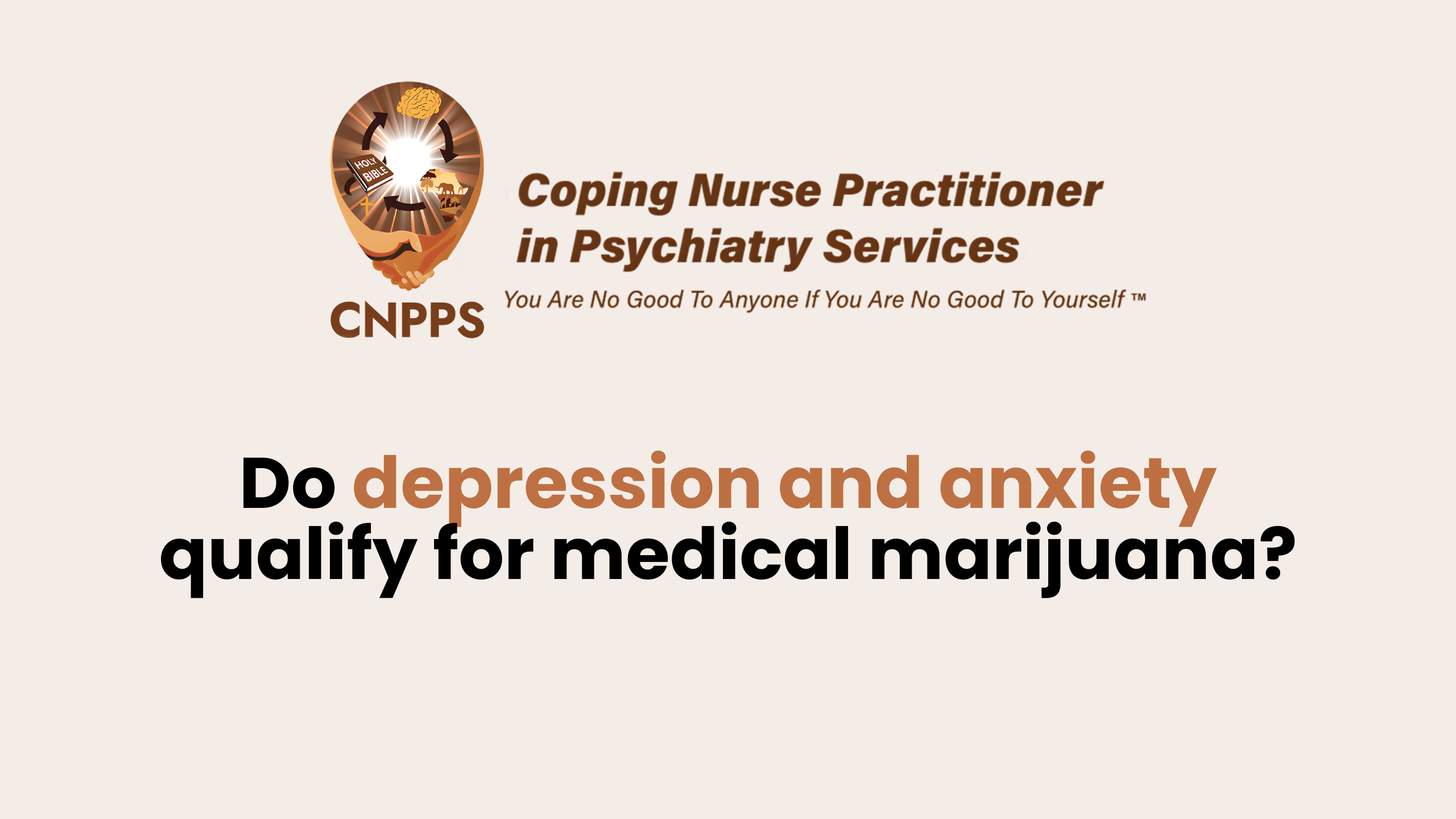One out of ten adults in the US suffers from depression in today’s culture. It is estimated that 18 million people suffer from depression, and those are the only figures that have been recorded. These figures do not include those that go undetected and untreated each year.
With such high numbers, depression is practically considered an epidemic by society. Depression has become so widespread that, even if you have never been depressed, you most likely know one or two others who are.
With so many people afflicted with depression, one question immediately springs to mind. How can the vast number of people suffering from depression be treated? There aren’t a lot of answers, with therapy and medicines being the two most popular choices. However, there are alternative treatments available, such as medical marijuana.
Marijuana Use May Lead to Issues
Many depressed people believe that marijuana is a safe drug. However, research indicates that using marijuana when depressed may raise your risk of developing several very significant issues.
These consist of:
Depression is worse: Marijuana can exacerbate symptoms of depression in certain people. If you began using marijuana as a teenager, use it frequently, or use it recreationally rather than for medical purposes, your risk is increased.
Insufficient drive: It may be more difficult for you to engage in healthy activities while you consume marijuana. About 20% of those who use marijuana for depression reported feeling less motivated, according to one study.
Lower chance you’ll seek help: When you consume marijuana recreationally, you’re least likely to seek professional care for your depression. And if you’re a frequent user and do see a mental health professional, there’s less chance their treatment will help you recover from depression.
Tobacco use and alcohol and drug misuse: People who use marijuana are more likely to smoke cigarettes and to exploit alcohol, marijuana itself, and other drugs.
Schizophrenia: Certain genes can lead your risk towards schizophrenia or psychosis. If you have these genes, marijuana use may trigger these disorders.
Suicidal thoughts: Studies link marijuana use to a higher risk of suicidal thoughts and actions in teen agers and recreational users with depression.
Considerations for Using Medical Marijuana for Mental Health
Medical marijuana has the potential to reduce anxiety and depressive symptoms, but there are hazards involved. Some people may not be able to handle the psychoactive effects of THC in particular, especially if they have a history of mental health issues. To choose the most appropriate course of treatment, patients and doctors must collaborate closely.
Additionally, medical marijuana should not be considered a first-line treatment for depression and anxiety. Traditional therapies, including psychotherapy and prescribed medications, should be explored first before considering medical marijuana as an adjunct or alternative treatment.
Does Marijuana Aid in the Treatment of Anxiety and Depression? Examining the Possible Advantages
Medical marijuana has attracted a lot of national attention in recent years. The additional benefits of marijuana treatment have piqued the interest of an increasing number of individuals on prescription drugs. Two of the most frequently mentioned reasons for looking into how to obtain a medical marijuana card are depression and anxiety. Including medical marijuana in treatment regimens may have the following benefits:
- Relaxation and stress reduction: It is well known that the ingredients in marijuana have relaxing effects on the nervous system, which can help reduce anxiety symptoms and manage stress.
- Enhancement of mood: Many marijuana users report that consuming the drug makes them happier, and the endocannabinoid system is crucial for mood control.
- Better sleep: Cannabis strains that are low in THC and rich in CBD can help people unwind and get a better night’s sleep.
- Stimulating hunger: It is well known that some cannabis strains, especially those with higher THC concentrations, stimulate diet.
- Distraction and relaxation: It is often recognized that marijuana can help people unwind, relax, and momentarily divert their attention from otherwise overwhelming feelings and choices.
- Pain relief: People who are struggling with both physical and mental health issues may find solace in marijuana’s analgesic effects.
- Social interaction: Some cannabis strains assist people with social anxiety to feel more at ease in social situations by lowering inhibitions and promoting social interactions.
Conclusion
The question of whether depression and anxiety qualify for medical marijuana depends on local regulations and the individual’s medical needs. While research into the benefits of marijuana for mental health conditions is still developing, there is evidence to suggest that compounds like CBD may offer therapeutic benefits for anxiety and potentially depression. However, patients considering medical marijuana for these conditions should consult with a healthcare provider to ensure it is a safe and appropriate treatment option.

Leave a Reply